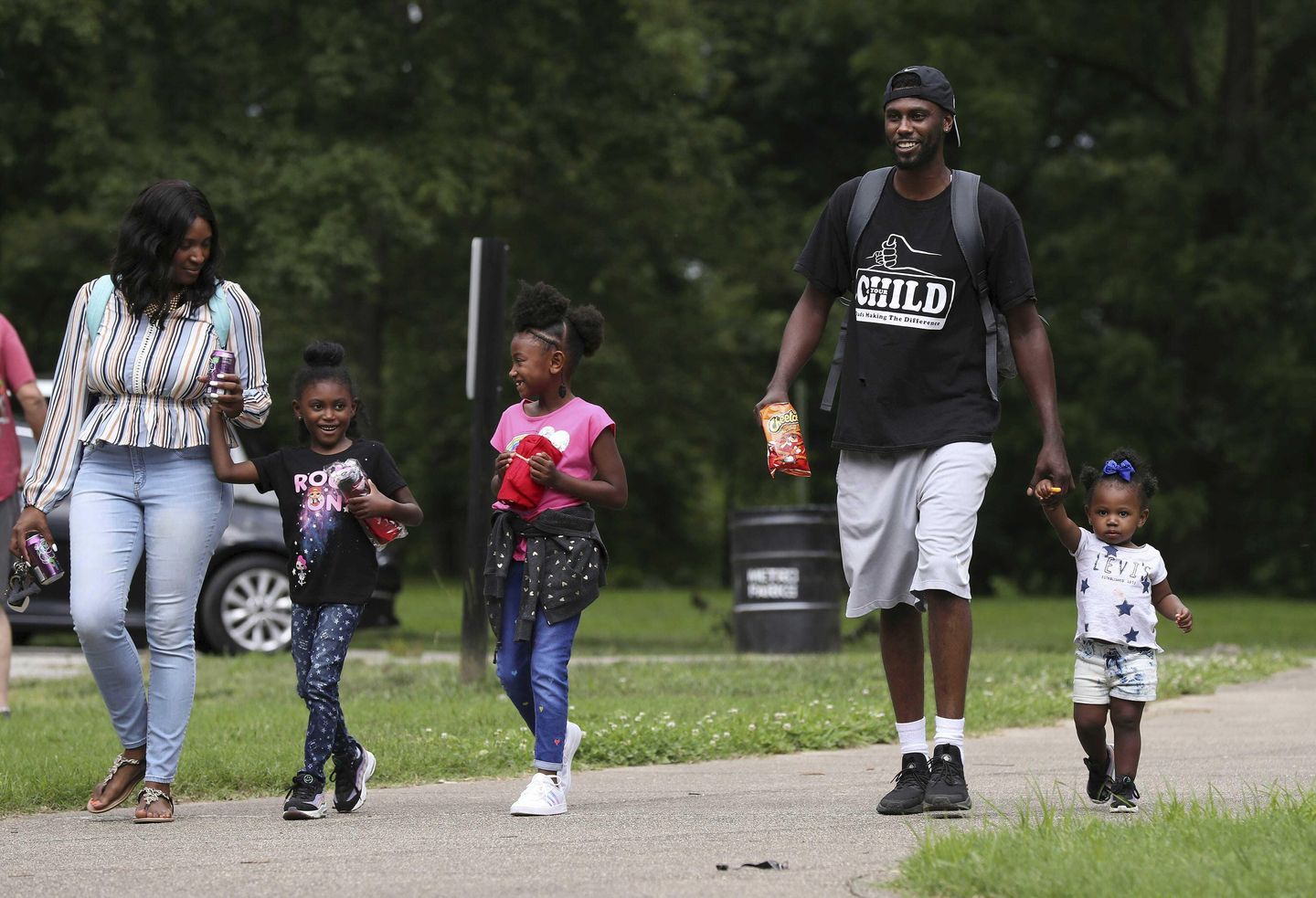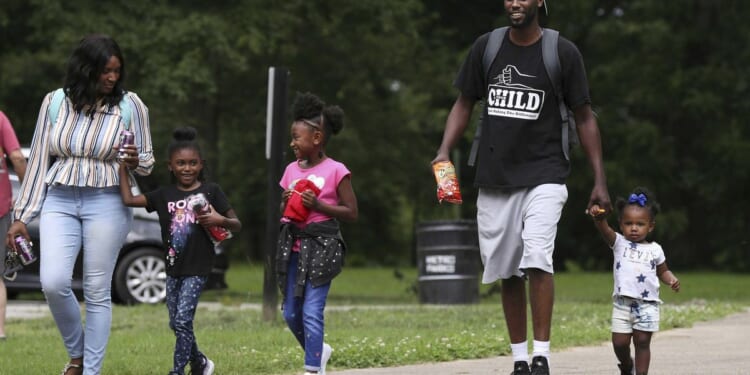
OPINION:
When my counselor asked how she could help, I responded, “It’s pretty simple. My mother died a few months ago. I haven’t had any emotional response, and I’d like to know why.”
I invested 20 minutes defending my parents’ honor, noting that no parents are perfect. Then my counselor started to probe below the surface.
Subscribe to have The Washington Times’ Higher Ground delivered to your inbox every Sunday.
I confessed that I couldn’t remember my parents ever asking questions to find out what was churning inside of me. Nothing about hopes, dreams, or desires. Nothing about what I wanted to do with my life. We were a nonverbal family.
Without guidance, I became an increasingly out-of-control teenager. I ran away from home after the 10th grade, took a job, and rented a room. Every day for dinner, I ate a grilled cheese sandwich at the bowling alley across the street.
The runaway experience lasted two weeks before my dad found me and said he and my mother wanted me to come home. I couldn’t believe it! I honestly thought that bridge was burned.
But I continued to spiral. A year later, Orange County deputies delivered me home, unable-to-stand-up drunk. That incident was just the tip of the iceberg.
High school was a constant tug-of-war between wanting to find a purpose and the all-consuming feeling, What’s the point? I skipped all or part of 73 days in my junior year and then quit school altogether in the middle of my senior year.
My main memory of childhood is feeling I was on my own to figure things out. I didn’t have a clue. On the other hand, I didn’t know any better — I was just a kid.
Eventually, I was able to articulate that my biggest struggle was not being able to recall feeling deeply loved as a child.
In fact, I have no recollection of hearing the words “I love you” until I was 35 years old.
My second biggest struggle was not feeling like my parents were proud of me. The first time I heard the words “I’m proud of you,” I was 47 years old.
Frankly, as a kid, I had no reason to know parents are supposed to speak words of love and affirmation, so it’s not like I expected them. I didn’t know what I was missing because I had nothing to compare it to.
We were not a physically affectionate family either. For example, I can’t remember ever being hugged.
When Patsy and I brought our first child home from the hospital, all three of us were exhausted. I lay down and cradled our new daughter on my chest. If you’re like me, nothing is more important than giving your children what you missed. But that thumping heartbeat shocked me back to the reality that I had no idea how to be a parent.
Because if you grew up dysfunctional, like me, you had to guess at normal male behavior — and that includes how to be a great dad.
Regardless of where you’re starting from, you can nurture your children’s hearts and help them thrive. Here are some practical ideas to help you live as a daily dad who’s in the picture, regularly and liberally dispensing doses of love.
Love takes many forms, but it should always include verbal expression when it comes to your family. Never assume your children know you love them, believe in them, and are proud of them. In my childhood home, it went unsaid, and the damage was devastating.
Instead, consistently encourage your children with words. Try to tell each child “I love you” and “I’m proud of you” at least once every day. Sound like too much? It’s not. Try it and see.
Love looks like a conversation. It’s never a good idea to say, “I’m too busy” when a child wants to talk. If you can’t talk then, tell them when you can talk later. Make sure you take time to discern what your child needs in each situation — whether words of comfort and solace, of encouragement and inspiration, or of admonition. Sometimes they might need a hug, but sometimes they might need a kick in the pants. Love tries to make the right call.
Love also expresses itself in nonverbal ways. Never underestimate the healing power of physical touch. Hug your kids every day.
Love also requires time. The best way to spend time with your kids is the way in which they want to spend it. If they like drones, go to a drone park. If they like cheerleading, go to their games. If they like karate, learn karate with them.
Building a healthy, happy home is a big responsibility — one that requires all the help we can get. At the top of the list is asking for God’s help. As the psalmist writes, “Unless the Lord builds the house, the builders labor in vain” (Psalm 127:1, NIV). With God, you can break the cycle of intergenerational neglect or abuse and be a great dad who loves your children the way they need to be loved.
–
Adapted from “Broken Boy to Mended Man: A Positive Plan to Heal Your Childhood Wounds and Break the Cycle” by Patrick Morley. Copyright © (2024). Used by permission of Tyndale House Publishers, a Division of Tyndale House Ministries. All rights reserved.
Patrick Morley PhD, is founder of Man in the Mirror, a global ministry impacting thousands of churches and millions of men. Motivated by his own search for meaning and purpose, he started a Bible study in a bar with a handful of guys in 1986—a study that now reaches thousands of men around the world every week at patrickmorley.com/mimbiblestudy. He has written 23 books, including The Man in the Mirror, named one of the 100 most influential Christian books of the twentieth century. Morley’s newest book, From Broken Boy to Mended Man, will release on March 19, 2024 from Tyndale House Publishers. Connect with Mr. Morley: Website, Facebook, Twitter and YouTube.

